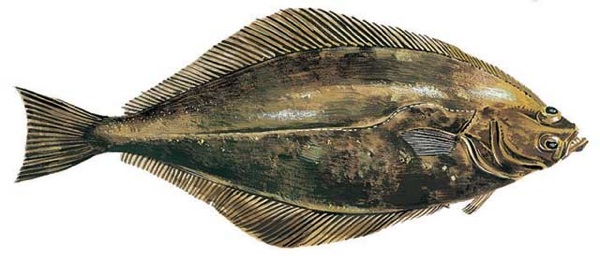 Contrarian
Contrarian reader LH who fished halibut in Alaska for eight years, the very place where
Greg Easterbrook said Individual Transferable Quotas have created a sustainable fishery producing top quality fish. He writes:
Quotes, yes, definitely; Transferable, absolutely NO! Clearwater or some other fishing company would own them all either by outright purchase or yearly leasing.
ITQ’s are the reason we have arm chair millionaires. [The quota owner] sits in his chair and collects $15,000 or more while someone else catches the fish. The money is in the paper not the fish...
The most successfully managed fishery in the world is the Canadian lobster fishery. The resource is in good shape. One of the reasons: if you are licensed to catch it, then it is you who has to do so, full stop. Other factors are, of course, protection of the species by size, sex, harvest effort, and trap limits.
Ah, but some would say the Maritimes lobster industry represents an informal application of property rights to the fishery. In many lobster grounds, fishermen occupy individual “berths,” where they enjoy an exclusive right to set traps. These property rights have no basis in law, but they are rigidly enforced by community custom.
04 July, 2009

 Contrarian reader LH who fished halibut in Alaska for eight years, the very place where
Contrarian reader LH who fished halibut in Alaska for eight years, the very place where